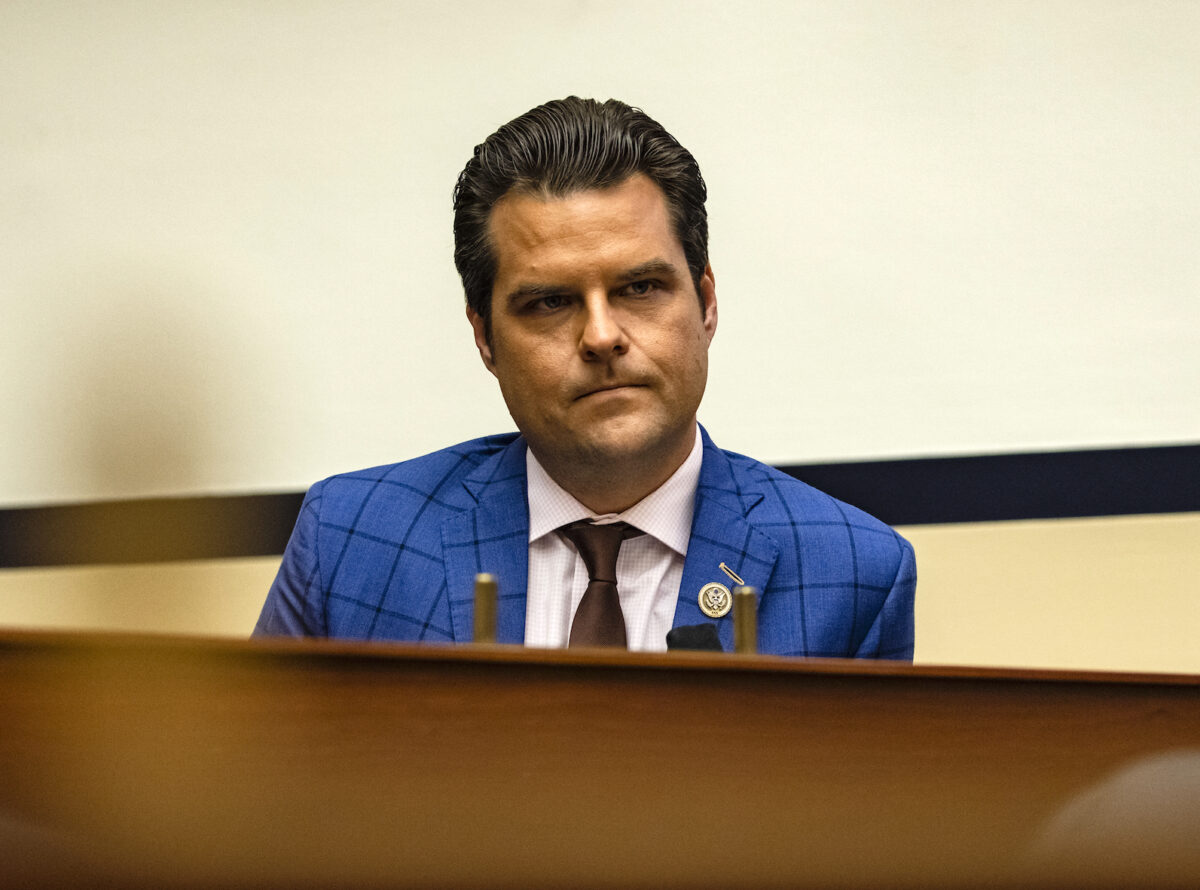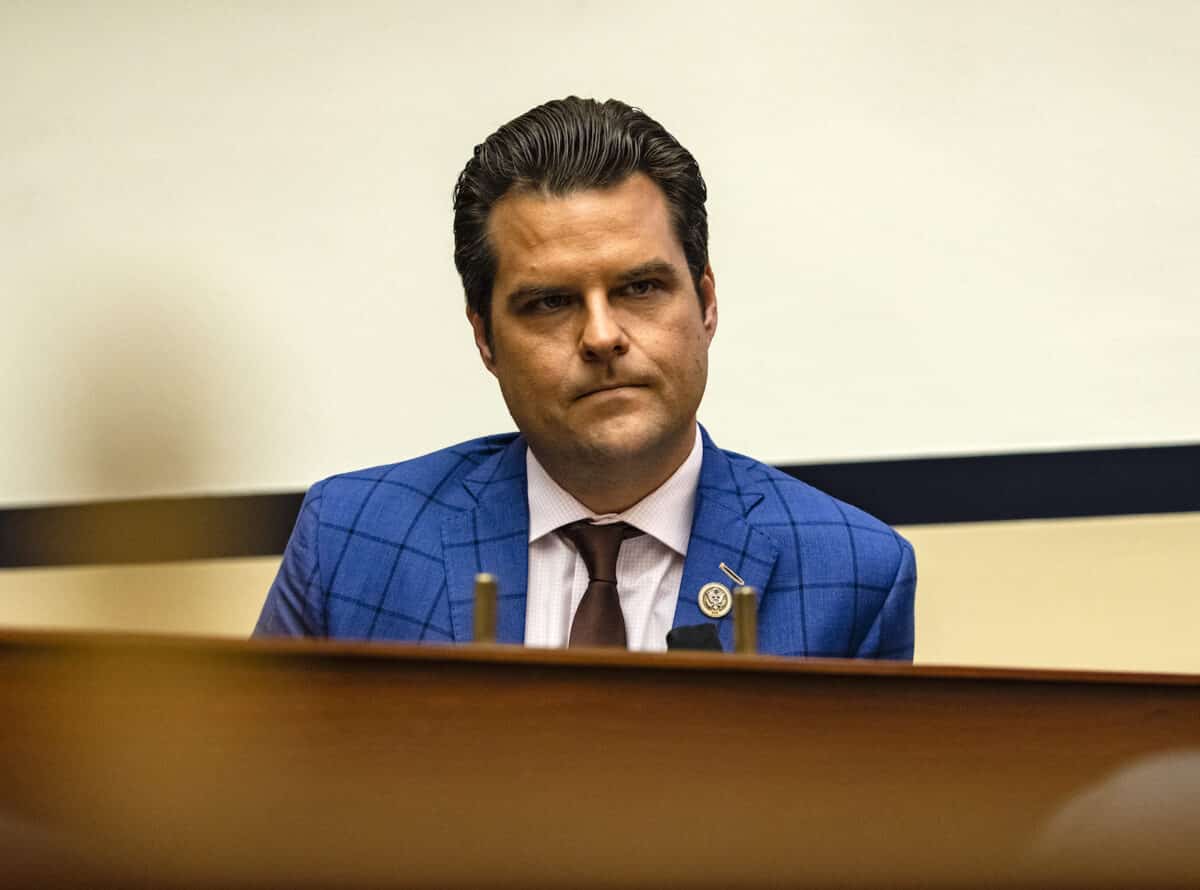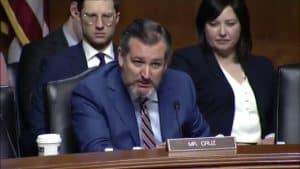One GOP lawmaker said it’s not yet clear whether House representatives will be allowed to hold a debate or vote on lawmakers’ objections to the 2020 presidential election results in some states.
“We have the support of members of the United States Senate,” Rep. Matt Gaetz (R-Fla.) said in an interview with Fox News. “See, in 2000, every single member of the Congressional Black Caucus objected to the electors of the state of Florida when George Bush beat Al Gore. There, the objections were offered. They were not accepted by Al Gore” before moving on. Gaetz said the Republicans’ objection is valid under the Constitution.
But Gaetz said there is “one question remaining” about “whether or not [Speaker] Nancy Pelosi will allow the two hours of constitutionally authorized debate on these questions.”
“When you got tens of thousands of people potentially marching in the streets in Washington, D.C. tomorrow, I think it will be a very bad look for the people’s House not to entertain debate if we have a constitutionally acceptable objection signed by a House member and a Senator and we will clear that hurdle,” the GOP lawmaker said.

Rep. Matt Gaetz (R-Fla.) during a House Armed Services Subcommittee hearing with members of the Fort Hood Independent Review Committee on Capitol Hill in Washington, on Dec. 9, 2020. (Samuel Corum/Getty Images)
Pelosi’s office has not yet returned a request for comment.
At least a dozen senators pledged to object to at least one state’s electoral votes. Sen. Josh Hawley (R-Mo.) last week became the first senator to announce he would object, joining a coalition of more than 50 House representatives led by Rep. Mo Brooks (R-Ala.). Brooks on Monday announced he signed a written objection of six key states.
On Jan. 3, Pelosi (D-Calif.) laid out a strategy for Democrats during the joint session. In a statement, Pelosi noted that Vice President Mike Pence—who is the president of the Senate—”presides over a Joint Session and calls the roll of states.”
“The tellers announce the results of each state, alphabetically. There is no other discussion in the Joint Session,” Pelosi wrote, referring to the process where Pence opens electoral vote envelopes before handing them to the tellers. “If a written objection is lodged by a member of the House and Senate, we then meet in our individual chambers for up to two hours of debate. Only then will members be recognized to speak on the floor. Unless both the House and Senate vote to reject the electoral count for the state in question, the objection is rejected.”
“We then reconvene and proceed to the next state in the roll call,” she wrote, adding that the process could end in “the middle of the night.”
Her statement made no reference to blocking a debate on the electoral vote.
Pelosi’s statement about the electoral counting suggested that Democrats have been working on how to fend off the Republican effort.
“Constitutional authorities and our membership have been working on the Democratic presentation of the constitutional, historical, and thematic justification” for their defense, according to the statement. Reps. Zoe Lofgren (D-Calif.), Jamie Raskin (D-Md.), Adam Schiff (D-Calif.), and Joe Neguse (D-Colo.) were called in to provide guidance.



